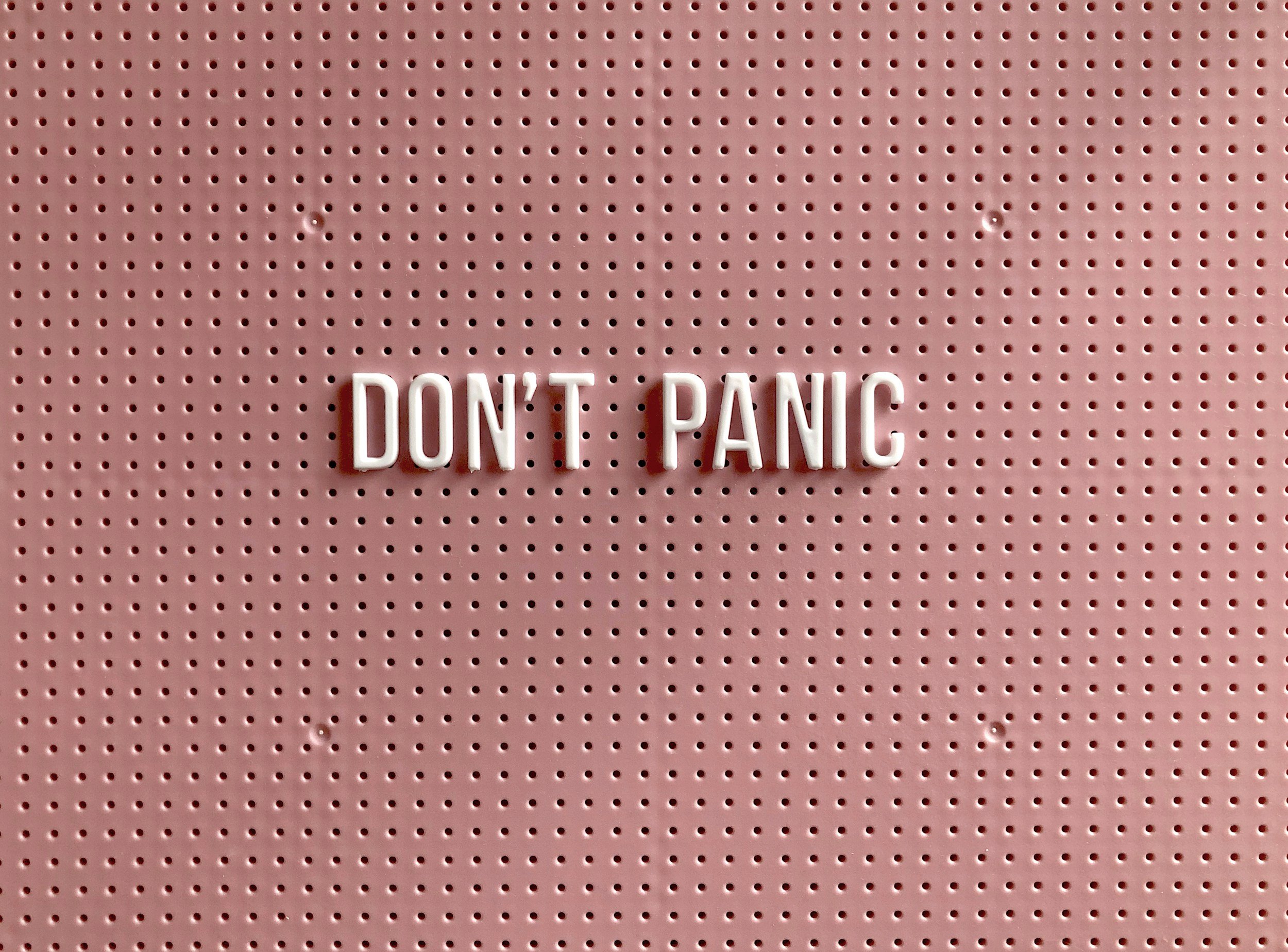
Welcome to the mental health dictionary of Open Road Psychiatric Services, where we decode the alphabet soup of mental health conditions. Whether you're navigating the tricky waters of OCD, deciphering the nuances of PTSD, or simply curious about the myriad of other acronyms and terms, we've got you covered. Here, you'll find clear definitions, explanations, and a sprinkle of wit to make understanding these conditions a bit less daunting and a lot more relatable. Dive in, educate yourself, and remember—mental health is serious, but learning about it doesn't have to be boring!
Understanding Panic Disorder: Symptoms, Causes, and Treatment Options
What is Panic Disorder?
Panic disorder is a type of anxiety disorder characterized by recurrent, unexpected panic attacks—sudden episodes of intense fear or discomfort that reach a peak within minutes. These attacks can be overwhelming and may occur without an obvious trigger. People with panic disorder often live in fear of the next attack, which can lead to significant disruptions in their daily lives, including avoidance of places or situations where they fear a panic attack might occur.
Signs and Symptoms of Panic Disorder
Panic disorder is marked by the following key symptoms:
- Panic Attacks: A panic attack is a sudden, intense surge of fear or discomfort that typically includes physical symptoms such as heart palpitations, sweating, trembling, shortness of breath, chest pain, nausea, dizziness, chills, or hot flashes. During a panic attack, individuals may also experience feelings of unreality (derealization), a fear of losing control, or a fear of dying.
- Anticipatory Anxiety: Many people with panic disorder develop a persistent worry about having more panic attacks. This anticipatory anxiety can be as debilitating as the attacks themselves and often leads to avoidance behaviors.
- Avoidance: To prevent the possibility of a panic attack, individuals with panic disorder may begin to avoid certain places, situations, or activities. This can significantly limit their ability to function normally in everyday life.
Causes and Risk Factors
The exact cause of panic disorder is not fully understood, but several factors are believed to contribute to its development:
- Genetics: Panic disorder tends to run in families, suggesting a genetic predisposition to the condition.
- Brain Function: Abnormalities in the brain's neurotransmitter systems, particularly those involving serotonin and norepinephrine, are thought to play a role in panic disorder.
- Stressful Life Events: Traumatic or highly stressful events, such as the death of a loved one, divorce, or job loss, can trigger the onset of panic disorder in some individuals.
- Personality Factors: People who are more sensitive to stress or who have a tendency to view stressors as threatening may be more susceptible to developing panic disorder.
Diagnosis and Treatment of Panic Disorder
If you suspect that you or someone you know is experiencing symptoms of panic disorder, it's important to seek professional help. Diagnosis typically involves a comprehensive assessment by a mental health professional, including a detailed discussion of symptoms, their frequency, and their impact on daily life.
Treatment Options for Panic Disorder:
1. Psychotherapy: Cognitive-Behavioral Therapy (CBT) is the most commonly used and effective treatment for panic disorder. CBT helps individuals understand and change the thought patterns that lead to panic attacks and teaches them how to respond differently to the physical sensations and fears associated with panic.
2. Medication: Antidepressants, particularly SSRIs, and anti-anxiety medications are often prescribed to help reduce the frequency and severity of panic attacks. In some cases, short-term use of benzodiazepines may be recommended to manage acute anxiety.
3. Relaxation Techniques: Learning relaxation techniques such as deep breathing, progressive muscle relaxation, and mindfulness can help manage anxiety and reduce the likelihood of panic attacks.
4. Lifestyle Changes: Regular physical activity, a healthy diet, and adequate sleep can also play a significant role in managing panic disorder. Reducing caffeine and alcohol intake may help as well.
Living with Panic Disorder
Living with panic disorder can be challenging, but with the right treatment and support, many people can manage their symptoms and lead fulfilling lives. It's important to remember that panic disorder is treatable, and early intervention can help prevent the condition from worsening. Consistent treatment and self-care strategies can greatly improve quality of life.
If you or a loved one is struggling with panic disorder, Open Road Psych is here to help. Our experienced team offers personalized care to support you in managing your symptoms and overcoming the challenges of panic disorder.
Schedule an Appointment
Don’t let panic disorder control your life. Contact us today to schedule an appointment or learn more about our panic disorder treatment services. We are committed to helping you on your journey to recovery.
